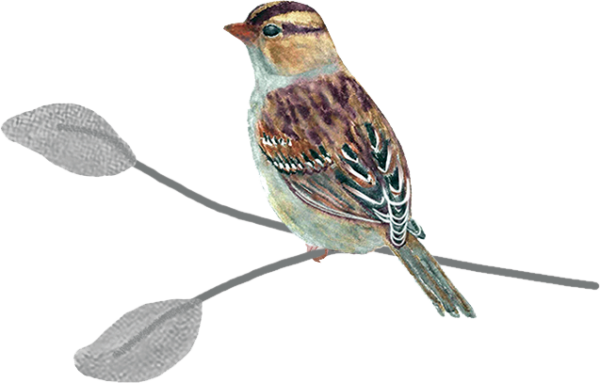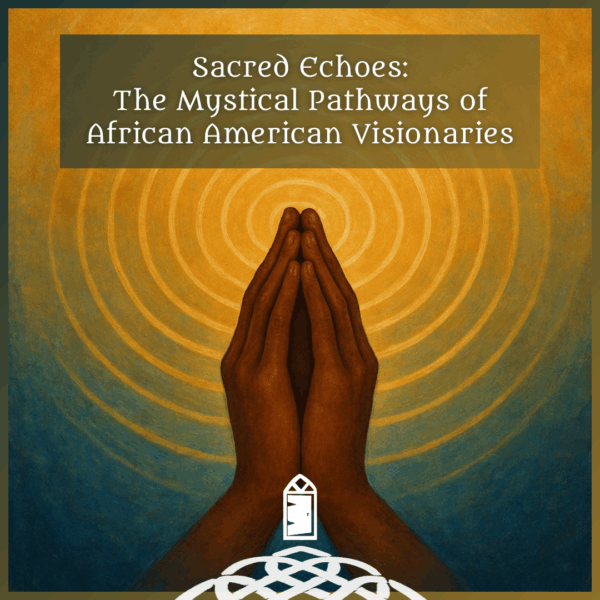I adore Paula Huston’s work and wise spirit. She is a fellow monastic oblate and writer of several books on spiritual practice, including one of my favorites The Holy Way: Practices for a Simple Life. I had the gift of participating in a writing workshop with her several years ago in New Mexico.
Her new book Season of Mystery: 10 Spiritual Practices for Embracing a Happier Second Half of Life is a part of the current Patheos book club. She again weaves together personal narrative along with riches from Christian mysticism to invite us gently into practices which are “antidotes to the afflictions of older age,” of which she includes fear of change, obsessing about comfort and security, and denial.
She describes ten practices, all of which are verbs and so convey a sense of movement when reading through them: listening, delighting, lightening, settling, confronting, accepting, appreciating, generating, befriending, blessing. These are active practices which engage us fully in body and heart.
As I read through I listened for one that shimmered or challenged me. I knew the ones I was drawn to especially: lightening, generating, blessing. In Paula’s skillful hands, she offers new insights to all of the practices, and her book is a refreshing addition to the growing number of resources for how to grow older with more wisdom and grace.
But settling is the one that took me a bit by surprise. Perhaps because it is one I feel I know so well. It is the call the desert monks heard to sit in their cells, the call of the Benedictines to stability. I love the monastic practice of stability. So much wisdom in not running away. “If only the monks could bear at times, the crushing burden of their own four walls, not to mention the resultant urge to flee, they might well be made holy in the fiery crucible of stasis.” (p. 39) I adore this image of stasis as a “fiery crucible.” I love the paradox of it, the unexpectedness. The transformative power of tedium.
Paula goes on to write that to “‘settle’ in the spiritual sense means to stop questing. To settle is to put down roots in whatever soil lies beneath us, no matter how arid or how rocky, no matter how seemingly bereft.” (p. 41) It is through our attempts to settle that we can learn all the ways we are constantly seeking stimulation and distraction. There is both a physical and emotional quality to this practice.
I was intrigued by this comparison to “questing.” It is not a word I am drawn to, and yet I recognized it in myself somewhere. She goes on to write that when we are questing, seeking, or striving, we feel larger than ourselves. We reach for what feels higher or more satisfying.
But, Paula wisely points out, our quotidian existence has much to teach us about our spiritual purpose. I felt something shift in me as I read and pondered her words. An even deeper appreciation for the sacred dailiness of life, which of course is what the path of the monk is all about. Settling demands that we remember that this moment too is full of potency and possibility, here in the midst of doing dishes or sitting with a neighbor. A powerful reminder for me as I continue on a pilgrimage through so many new things, to remember the old and ordinary.
This book offers a quiet and subtle wisdom borne through the telling of stories which offer new windows into ancient ways. I recommend it to those of you beginning to ask questions about ways to make the second half of life a time of meaning and legacy.




One Response
thank you for the reminder of Paula’s new book- such a gift to so many!